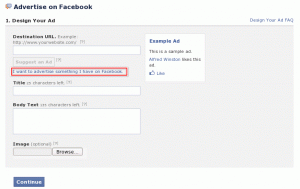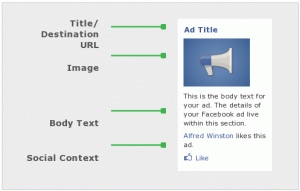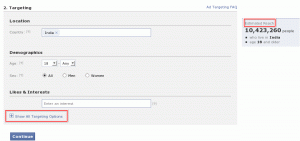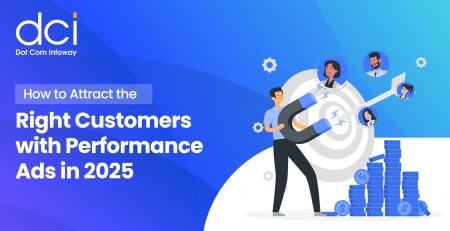6 Reasons to Use Facebook for Advertisements
Facebook is a site for networking with people. But how good is it for advertising? Will advertising on Facebook be of any use to your business? Do people value the ads that appear on a social networking site? Let’s have a detailed perspective on Facebook as a lucrative platform for advertising.
1. Creating ads on Facebook:
In Facebook, we have two major options to advertise
- Advertise something that is already on Facebook – you can advertise your fan pages, groups or applications on Facebook through advertisements. This can increase the visibility of what already exists.
- Advertise a web page – In this option, you can advertise your web pages to reach your target audience on Facebook.
In the below screenshot, you will see the highlighted portion with the text ‘I want to advertise something I have on Facebook’ which gives you the option to choose from Facebook groups, pages and applications.
Let’s see the advertisement part in a single Facebook ad
- Title: You can create a title within 25 characters. It is better if you include your company or product’s name, a question or a strong call to action, or target an interest.
- Destination URL: Always provide the working URL that is related to the ad. If you advertise Facebook pages, groups and apps, then just select from the list.
- Image: Image is the most attractive part of the ad. So include an attractive image, Facebook system automatically adjusts your image to 110×80 pixels
- Body Text: Describe the ad up to 135 characters with clear explanation related to your title and image.
2. Types of ads available on Facebook:
Below are the ads available on Facebook
- Promote website – This ad requires a valid and exact landing page. If you are promoting a specific product or offer, your destination URL should drive people to the product or offer page on your website. However, the URL is not displayed in the advertisement anywhere directly.
- Promote Facebook Page – Select the page which you want to advertise through your Facebook account and then create the ad to increase the Facebook fan page visibility.
- Promote Facebook Group – Select the Facebook group which you want to advertise through your account. Then, direct users to your Group when it is clicked on. This is a great way to promote your Group and prompt others to join.
- Promote Facebook Event – If you conduct an event and want to invite people those who are related to your event, then this Facebook ad will yield you the greatest response.
- Promote Facebook App – Select your application from your Facebook account and reach your target audience faster.
3. Select Reach and Target on Facebook:
First you need to select your targeted audience for a specific Facebook ad. For this, you have options such as Location, Demographics, Likes, Interests and also, Advance Demographics. If you select your options, you will see how many people meet your selection. The below screenshot will give you an idea of the options available on Facebook:
4. Facebook Cost and Budgeting:
You have two major options to select your budgeting and costs on Facebook:
- Pay for impressions (CPM): In this model, you pay for every thousand impressions of your ad.
- Pay for Click (CPC): In this model, you are charged only if your ad gets clicked.
- Daily Budget: You can set your daily budget for each ad on Facebook and monitor/control costs on your ad campaigns.
5. Scheduling Option:
You have the option to select a specific date to run your ads on Facebook. You can see the below screenshot to select the exact date and then, run your ads.
6. Delivery Options:
For any given ad unit, Facebook auction selects and delivers the best ad to run based on the ads with the below criteria.
- Maximum bid – You can set the maximum bid above the suggested bid from Facebook but the final CPC will be calculated only as per your competitor bid value
- Quality – In addition to an ad’s maximum bid, quality is a factor considered for ad delivery. The quality of an ad is calculated based on a variety of factors including the positive (Like) and negative feedback (X) that an ad has received from users.
- Performance – Facebook ranks ads based on past performance history (estimated CPM) where eCPM=CPC bid multiplied by click-thru rate (CTR).













